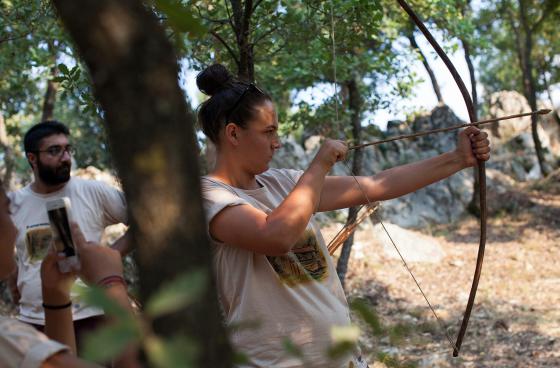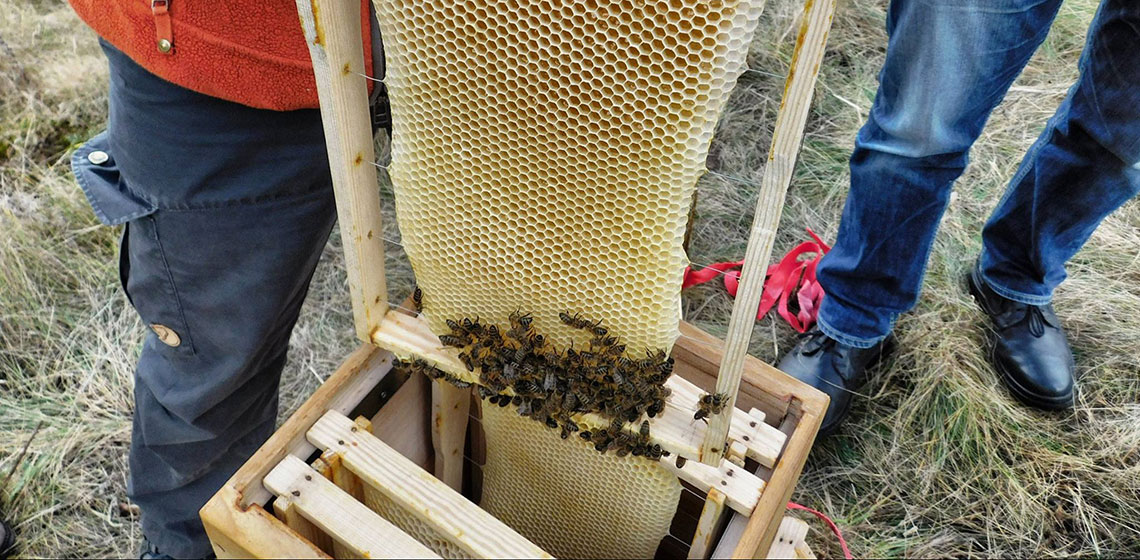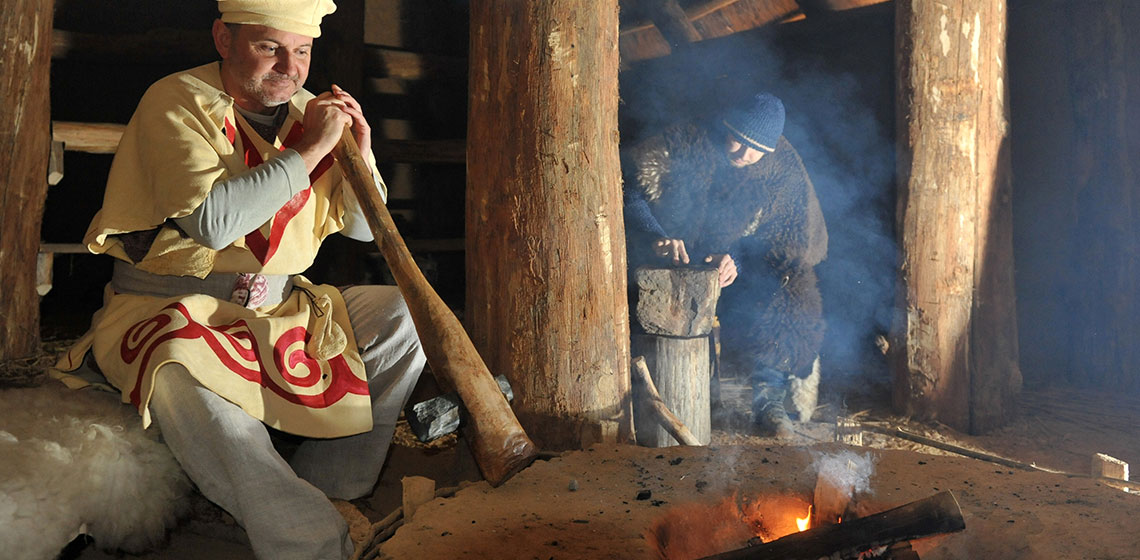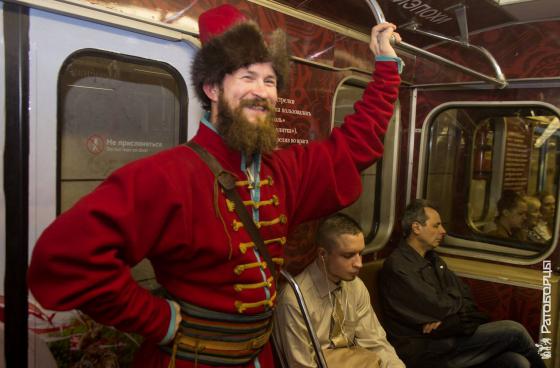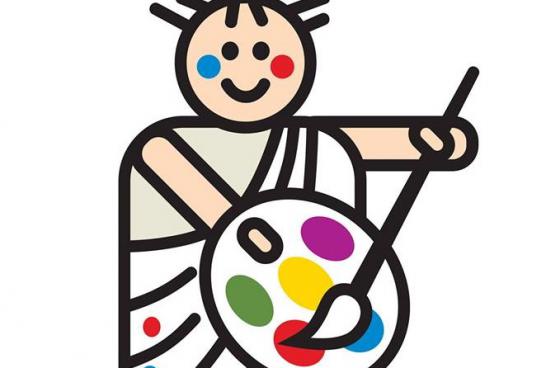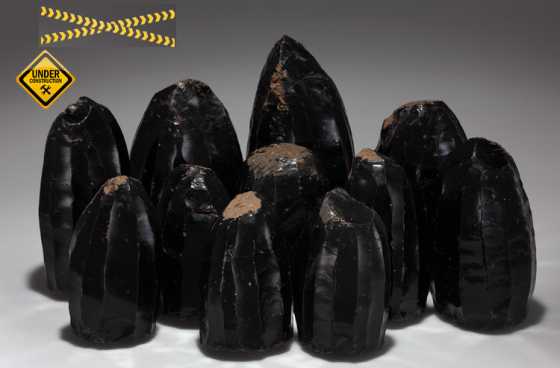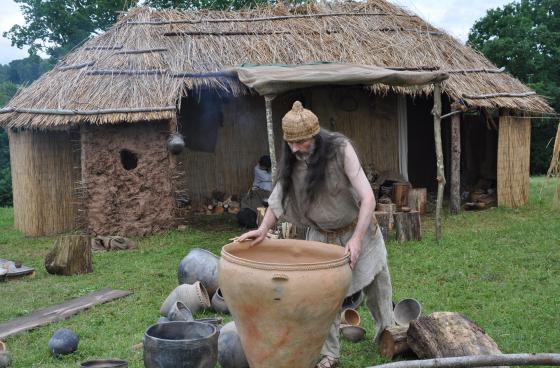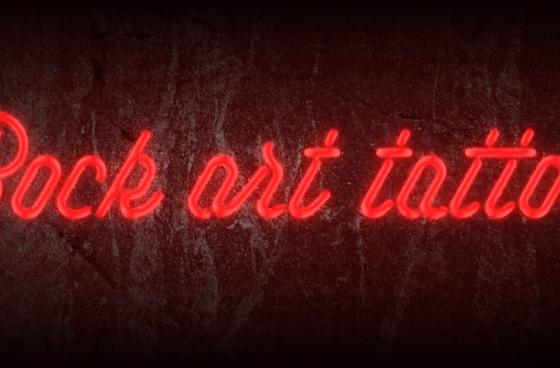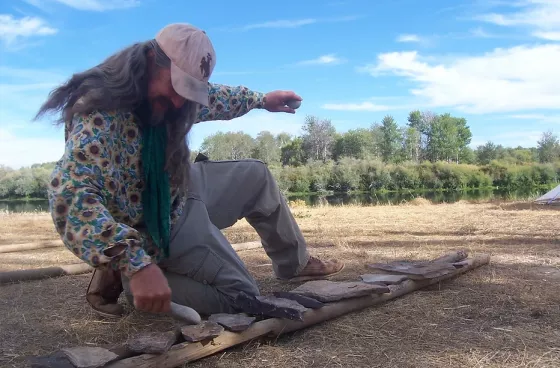Chalcolithic
Experimental Archaeology Workshop in Turkey
Country
- Turkey
This weeklong workshop for university-level archaeology students will utilize the ideal setting of the Neolithic-Chalcolithic Aktopraklık site in Turkey. Bolstered by on-site reconstructions of prehistoric architecture, participants will have the unparalleled opportunity to do experimental archaeology in the same manner and setting as Aktopraklık’s ancient inhabitants.
Prehistoric Beekeeping in Central Europe - a Themed Guided Tour at Zeiteninsel, Germany
“Days of Living Archaeology” at the Prehistoric Archaeopark Vsestary, Czech Republic
Times & Epochs - Moscow Historical Festival
Country
- Russia
The historical festival ‘Times & Epochs’ is taking place in Moscow from 10 to 22 of August for the 8th time.
2nd Croatian Festival of Experimental Archaeology
Country
- Croatia
Spring in Andautonia 2017., II. Festival of experimental archaeology
International Obsidian Conference
Country
- Hungary
We invite you to participate in the next International Obsidian Conference, in May 2019 in Hungary, Budapest and Sárospatak. The conference is intended as consecutive to the Lipari Obsidian Conference held in 2016 (http://rtykot.myweb.usf.edu/...).
Days Of Live Archaeology In Kernave old
Country
- Lithuania
Kernavė archaeological site, inscribed into UNESCO World Heritage List in 2004, is an open-air exhibition created by nature and man over many centuries.
Rock Art Tattoo
Country
- Sweden
The exhibition “Rock art tattoos” aims to highlight tattoos inspired by rock art around the World. The content in the exhibition is produced in its entirety by people kind enough to share their tattoos and stories with us.
District Museum Day
Country
- Germany
The "Zeiteninsel" in Weimar-Argenstein invites you to come and get to know the past with all senses! Visitors of all ages will get to know various different and exciting technologies ranging from the Stone Age till the Germanic people of the first century. There will be hands on activities for children and living history will provide a glimpse into times thousands of years ago.
Rabbitstick 36
Country
- USA
2024 Registration will open in February

